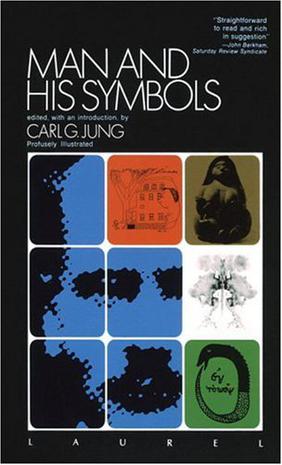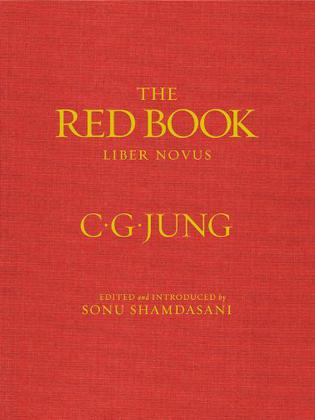-

人类及其象征
容格的思想使现代心理学世界变得丰富多彩,他对心理理解的最大贡献是他的潜意识概念。他认为潜意识是人类伟大的向导、朋友和意识的顾问,所以,本书以最直接的名词来研究人类及其精神上的问题。因此,对“人类及其象征”的研究,实际上是对人类与其自己的潜意识的关系的研究。 -

Modern Man in Search of a Soul
在线阅读本书 The basic introduction to the thought of Jung, one of the founders of modern psychiatry. Here Jung examines some of the most contested and crucial areas in the field of analytical psychology: dream analysis, the primitive unconscious, and the relationship between psychology and religion. Preface by Cary F. Baynes. Translated by W. S. Dell and Cary F. Baynes. -

Man and His Symbols
Illustrated throughout with revealing images, this is the first and only work in which the world-famous Swiss psychologist explains to the layperson his enormously influential theory of symbolism as revealed in dreams. -

The Red Book
The most influential unpublished work in the history of psychology. When Carl Jung embarked on an extended self-exploration he called his “confrontation with the unconscious,” the heart of it was The Red Book, a large, illuminated volume he created between 1914 and 1930. Here he developed his principle theories—of the archetypes, the collective unconscious, and the process of individuation—that transformed psychotherapy from a practice concerned with treatment of the sick into a means for higher development of the personality. While Jung considered The Red Book to be his most important work, only a handful of people have ever seen it. Now, in a complete facsimile and translation, it is available to scholars and the general public. It is an astonishing example of calligraphy and art on a par with The Book of Kells and the illuminated manuscripts of William Blake. This publication of The Red Book is a watershed that will cast new light on the making of modern psychology. 212 color illustrations -

Jung
Though he was a prolific writer and an original thinker of vast erudition, Jung lacked a gift for clear exposition and his ideas are less widely appreciated than they deserve. In this concise introduction, Anthony Stevens explains clearly the basic concepts of Jungian psychology: the collective unconscious, complex, archetype, shadow, persona, anima, animus, and the individuation of the Self. He examines Jung's views on such disparate subjects as myth, religion, alchemy, 'sychronicity', and the psychology of gender differences, and he devotes separate chapters to the stages of life, Jung's theory of psychological types, the interpretation of dreams, the practice of Jungian analysis, and to the unjust allegation that Jung was a Nazi sympathizer. Finally, he argues that Jung's visionary powers and profound spirituality have helped many to find an alternative set of values to the arid materialism prevailing in Western society.